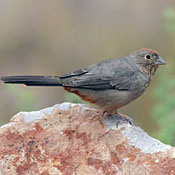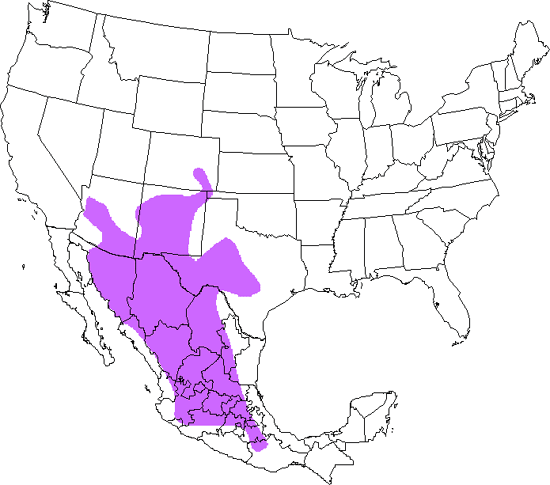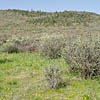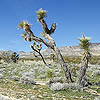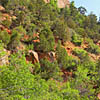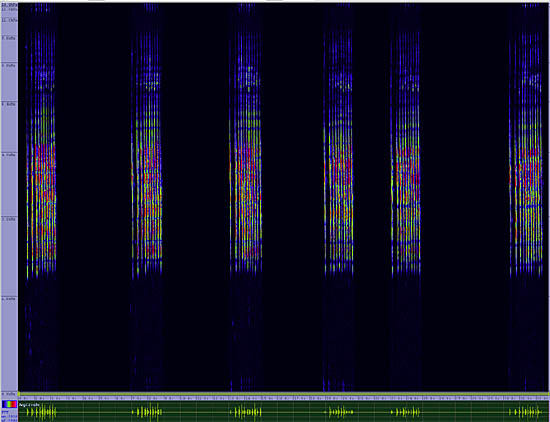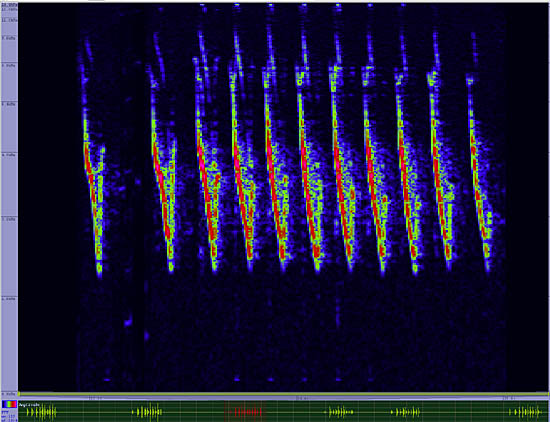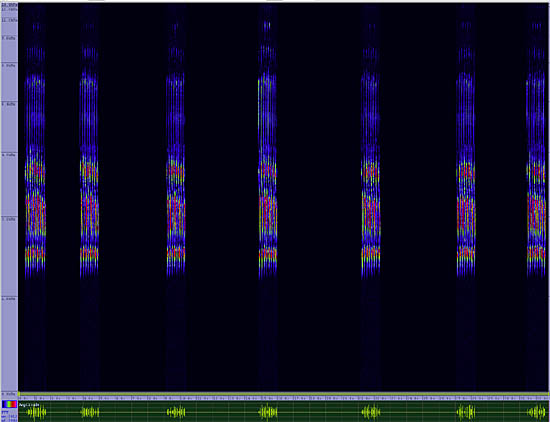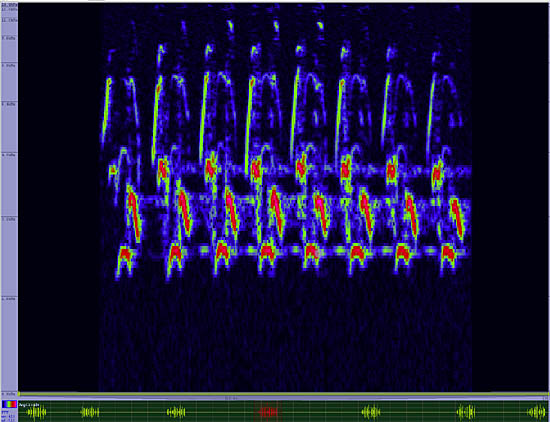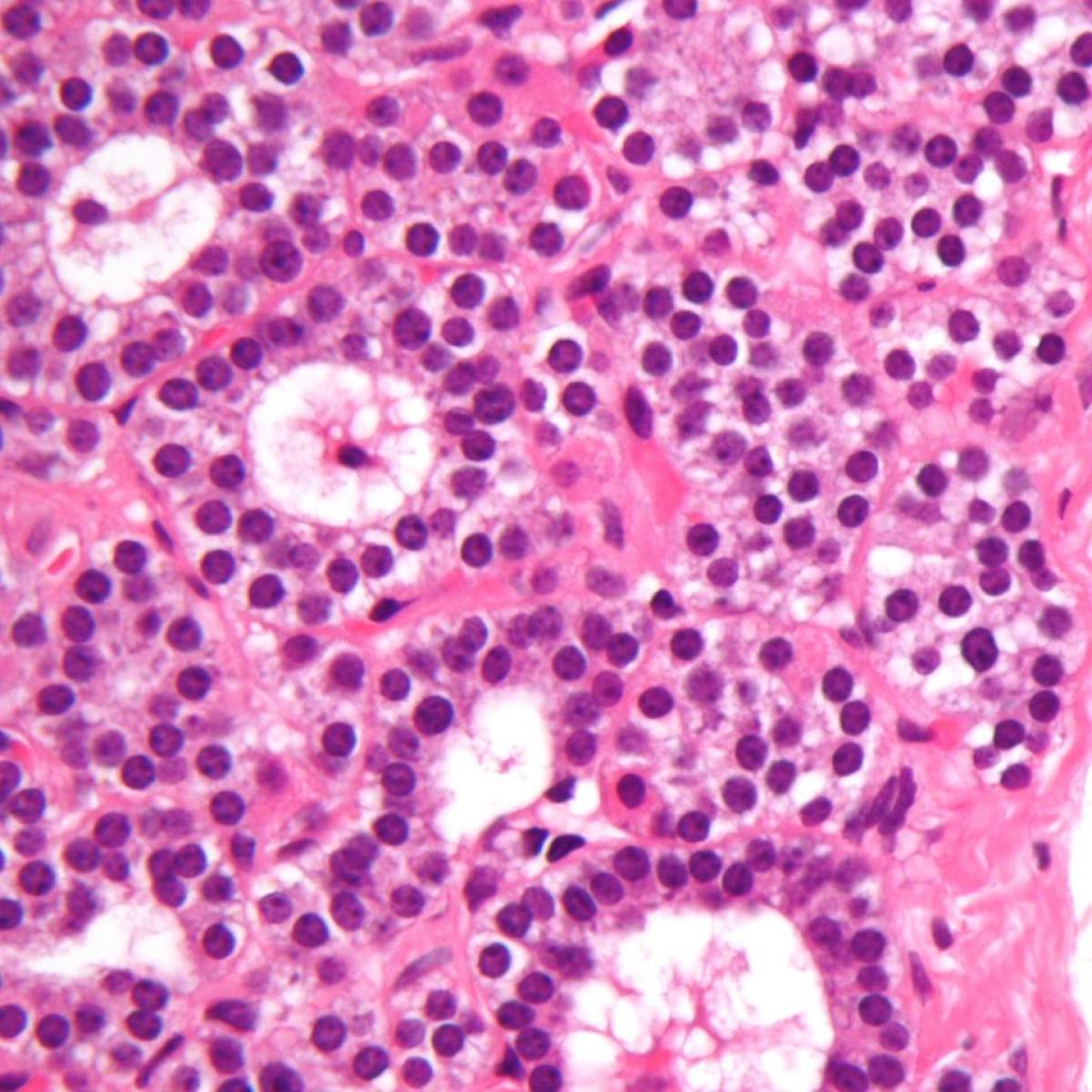Canyon Towhee
Pipilo fuscus

Perching
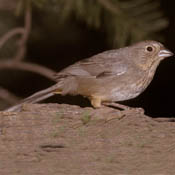
Length: 9 in. (23 cm )
A resident of desert slopes and vegetated gulleys, the Canyon Towhee is sensitive to human intrusions. It has been pushed back from urban and suburban expansion into more remote parts of the desert. Its bulky nest is made of twigs, grass and bark and placed in a bush or low tree near the ground. It runs on the ground like a large rodent and feeds by using both feet simultaneously to scratch up seeds and insects from the leaf litter.
The four-digit banding code is CANT.
Bibliographic details:
- Article: Canyon Towhee
- Author(s): Dr. Biology
- Publisher: Arizona State University School of Life Sciences Ask A Biologist
- Site name: ASU - Ask A Biologist
- Date published: 13 Jul, 2017
- Date accessed: 18 October, 2025
- Link: https://askabiologist.asu.edu/activities/bird/canyon-towhee
APA Style
Dr. Biology. (Thu, 07/13/2017 - 15:36). Canyon Towhee. ASU - Ask A Biologist. Retrieved from https://askabiologist.asu.edu/activities/bird/canyon-towhee
Chicago Manual of Style
Dr. Biology. "Canyon Towhee". ASU - Ask A Biologist. 13 Jul 2017. https://askabiologist.asu.edu/activities/bird/canyon-towhee
MLA 2017 Style
Dr. Biology. "Canyon Towhee". ASU - Ask A Biologist. 13 Jul 2017. ASU - Ask A Biologist, Web. https://askabiologist.asu.edu/activities/bird/canyon-towhee
Be Part of
Ask A Biologist
By volunteering, or simply sending us feedback on the site. Scientists, teachers, writers, illustrators, and translators are all important to the program. If you are interested in helping with the website we have a Volunteers page to get the process started.



